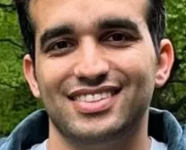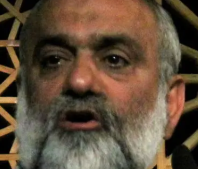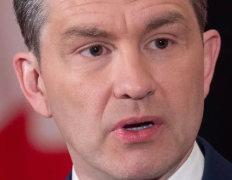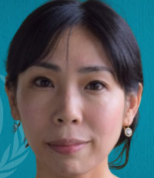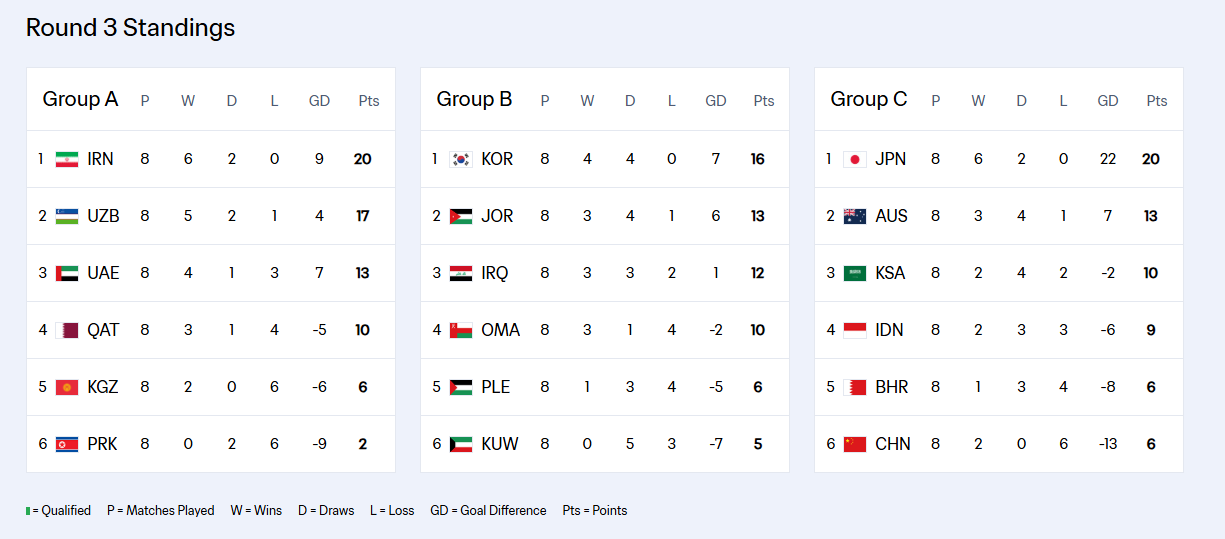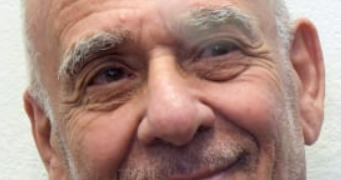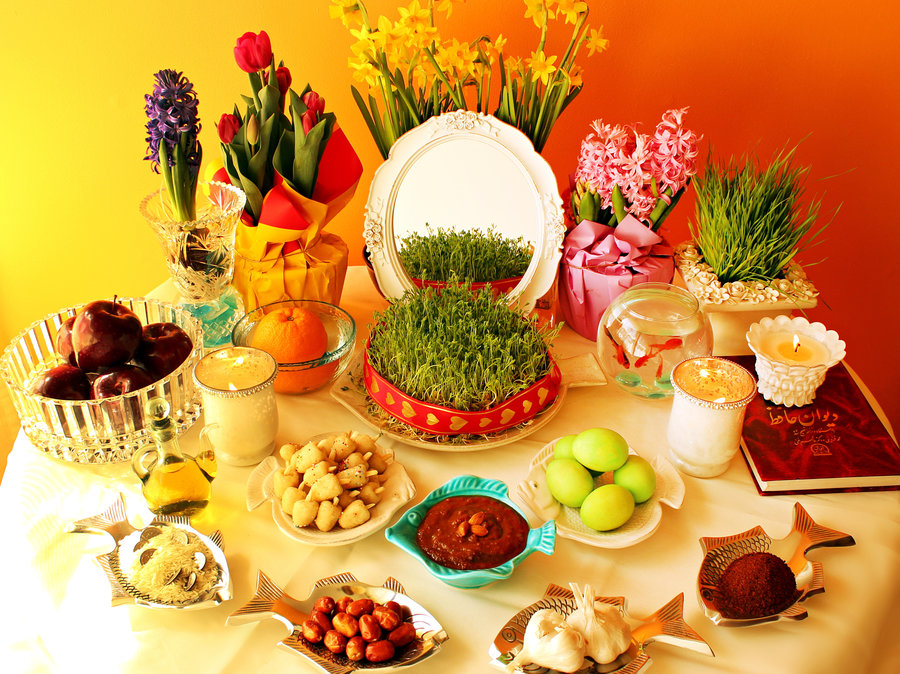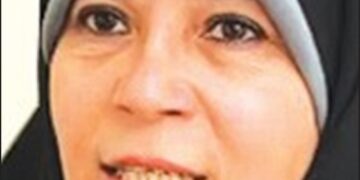1/17/2025
Canada opened its arms to Iranian refugees after Mahsa Amini died in police custody in 2022 for not properly wearing her hejab. But the door is closing now. In early 2023, Canada announced new measures so Iranians already in Canada could extend their stays, and eased the criteria for open work permits that create a pathway for more Iranians to become temporary residents and then earn permanent residency.
Like the United States, Canada is an immigrant-based society. In fact, more Canadians today were born abroad than America’s foreign-born. But, like Americans, large numbers of Canadians have recently become disenchanted with the whole idea of immigrants. Canada isn’t building a wall like the United States. But it has allowed its promises of a few years ago to fray.
The welcome mat is still officially there. But nobody bothers to whisk it clean anymore. One result is problems for Mina Esteghamat, who came to Vancouver on Canada’s west coast, in February 2024. Her husband stayed behind. Their seven-year-old daughter went to Canada with mom. The idea was that dad could keep earning a salary while mom got settled and found a job. Two major problems have ensued. First, mom hasn’t been able to find a job, despite holding a doctorate.
She has a work permit. But Canada is no longer providing the helpful hand it once provided. Second, dad can’t get a Canadian visa. He’s been rejected three times. The welcome mat may still be there. But the door is closed. Afra just put up her first Christmas tree. She and her mother learned together about stockings and decorations and the way a freshly cut fir tree smells indoors.
They are also learning about the pain that loneliness and separation brings as Afra’s father, Amirfarhang Mirzaee, remains in Iran. “I want my daughter to be free,” said Esteghamat in an interview with the Vancouver Sun. She explained how she didn’t want her daughter to face the restrictions that Mahsa Amini went through.
Esteghamat, an environmental scientist with a PhD in agroforestry, was director of Tehran’s Center for Conservation and Development of Sustainable Ecosystems, or ZIPAK. She had traveled to more than 30 countries working in natural resource management and had a role establishing the UNESCO-recognized Kopet Dag biosphere, an ecological reserve in Iran, in 2018. Unfortunately, her work and international travel drew negative attention from the Iranian regime.
In 2022, the Iranian government shut it down. “Environmentalists in Iran face harassment, prison and exile,” Richard Pearshouse, director of the environmental division of Human Rights Watch, told the Sun. Amnesty International has also reported that conservationists in Iran face torture, unfair trials on fabricated charges, and prolonged arbitrary detention. “Lots of my colleagues are in jail, a few have been killed,” said Esteghamat. Afra started elementary school locally with no English and feels great anxiety about being separated from her father. (Afra’s name means “maple,” which makes her very Canadian, as the maple leaf is the symbol of Canada.) The transition has been even more difficult for Esteghamat, who was recovering from breast cancer and a double mastectomy before she arrived.
The plan was straightforward: she would find work, and her husband, who also works in resource management, would follow. At no time would they rely on public funds in Canada. “We thought that it wouldn’t be difficult. We had both worked around the world,” said Esteghamat. Her husband applied three times for a temporary visa and was rejected. Immigration, Refugees and Citizenship Canada cited “insufficient ties to Iran” and “lack of a strong purpose for the visit.”
The third application included a letter from Afra’s teacher, highlighting her need for her father, and a letter from Esteghamat’s oncologist, citing her need for her husband’s support, as well as robust financial documentation to show they would not end up on the dole.
Esteghamat has reapplied for her husband a fourth time, under the open work permit program, but has been told it could take up to nine months to get an answer. She worries her husband’s application could be left unfulfilled as Canada walks back its immigration targets. Her health and spirits are flagging. “This has impacted my daughter’s well-being, my postcancer recovery, and our future.”
Mohsen Javdani, an associate professor in economics at Simon Fraser University in Vancouver, told the Sun the program for Iranians was “misguided and ill-designed” and the government’s family reunification commitments are misleading. “Unfortunately, this story is not surprising. I’ve spoken to numerous people trying to take advantage of this policy to come to Canada from Iran and themselves in difficult conditions.
“The public justification was that it was a humanitarian response to the tragic situation in Iran, designed to provide open work permits for those who were here and feared repercussions if they went back to Iran.” Javdani said the program offered Iranians in vulnerable situations a beacon of hope, but no clear path to citizenship, had no infrastructure to ensure fair and equitable access, and no support for entering the workforce. Javdani said the program was strategically designed to attract large numbers of Iranians he believes it could be tens of thousands to Canada who would bring large sums of money, and, out of desperation, accept low-paying jobs at a time when the country was facing “deteriorating economic conditions” post-pandemic.
Families such as Esteghamat’s have been left separated at a time when public support for immigration is at an all-time low, and Canada is winding down its immigration targets. “Responses are intentionally vague when they reject these applications.
This leaves people in difficult conditions, broken families, and family members are stuck back in Iran,” said Javdani, who has filed a Freedom of Information request to uncover how many Iranians arrived under the program. When Afra feels anxious, Esteghamat comforts her. And sometimes, when Esteghamat is overcome by emotion, Afra comforts her. “Sometimes I feel like I am 7, and she is 46,” said Esteghamat.
“We remain steadfast in our hope that our story will resonate with decision-makers and underscore the importance of consistent, fair and humane immigration policies”

